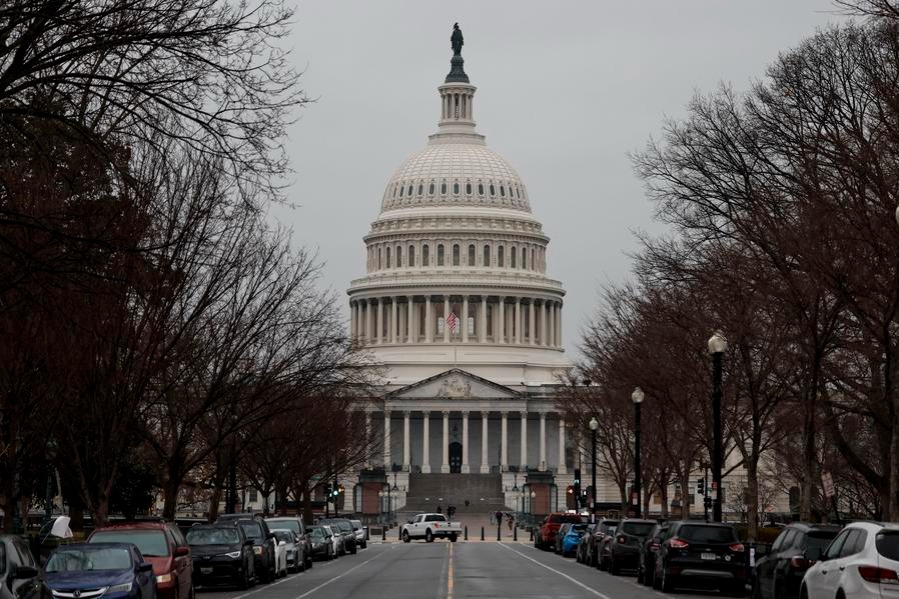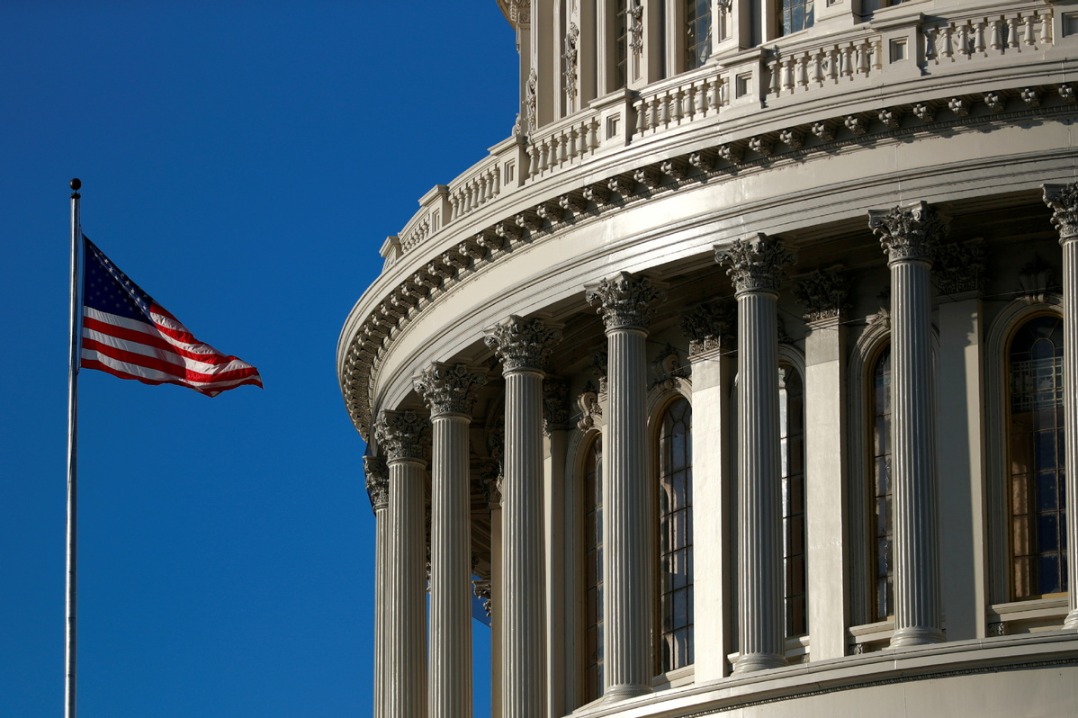Improving business environment to attract more foreign investment


The number of newly established foreign-funded enterprises in China reached 12,000 in the first quarter of this year, a 20.7 percent year-on-year increase, data released by the Ministry of Commerce shows.
The State Council, China's Cabinet, in March issued an action plan aimed at attracting foreign investment by promoting high-level opening-up, which puts forward a practical policy framework for addressing specific problems faced by foreign-funded enterprises in China. This also demonstrates China's sincerity and determination to open wider to the outside world, which is of great significance to consolidating foreign investment confidence in China.
The actual use of foreign capital in China reached 1.1 trillion yuan ($151.82 billion) in 2023, making it one of the biggest foreign investment users in the world for many consecutive years. In the first two months of 2024, the number of newly established foreign-funded enterprises in high-tech industries increased by 32.2 percent year-on-year, with the proportion of actual used foreign capital in these sectors in China's overall actual use of foreign capital increasing by 1.2 percentage points over the same period in 2023.
This shows that China's large market, sound supply chain and full-fledged public service network help in attracting foreign investment. If targeted measures are taken to solve the problems faced by foreign enterprises investing in China, it will help better attract foreign investment.
China should further improve its pre-establishment national treatment and negative list management system for foreign investment, and promote the revision and improvement of relevant laws, regulations and normative documents. It should take pilot free trade zones in Beijing, Shanghai, Guangdong and other areas as the carrier, give full play to the advantages of foreign enterprises rallying global scientific and technological resources, and try to achieve breakthroughs in scientific and technological innovation in those fields with market potential.
It should explore the establishment of coordinated rules for opening-up and prudential regulation of the financial sector, and guide foreign institutions to engage in domestic financial services in a safe, steady and orderly manner.
The country should work harder to optimize the business environment, and promote the establishment of an equal policy system for both domestic and foreign investment.
ECONOMIC DAILY


































